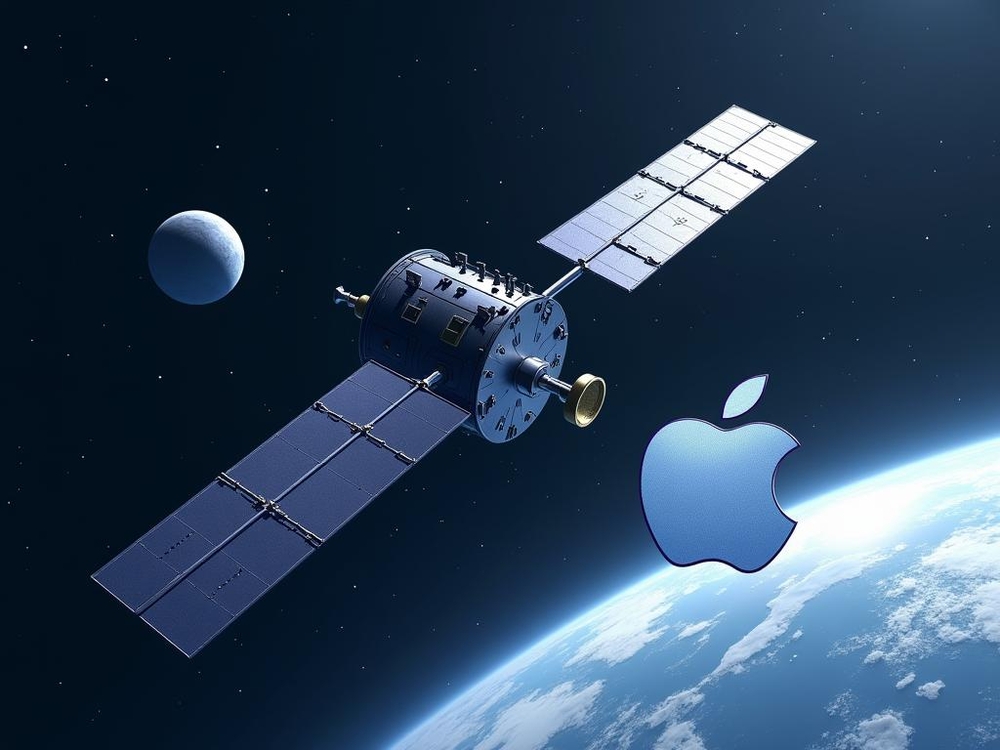Published
- 3 min read
Understanding the SpaceX and Apple Satellite Rivalry

SpaceX trying to block Apple satellite messaging expansion, says WSJ
When two tech giants clash over the airwaves, we all need to pay attention. This isn’t just about corporate competition. This is about the future of emergency communications and rural connectivity in America.
A recent report indicates that SpaceX is trying to stop Apple from expanding its iPhone satellite messaging capabilities. They are urging the FCC to step in. Elon Musk’s close ties with the White House and the FCC chairperson could give SpaceX an edge in this battle.
Apple’s satellite messaging services
Apple launched its potentially life-saving feature with the iPhone 14 in 2022. It allows users to contact emergency services when cellular networks are down. This service has saved numerous lives in remote areas.
The company has enhanced this feature over time. In 2023, it started helping drivers facing car troubles in isolated locations. By 2024, they introduced general text messaging for users. This helps people stay connected when there is a network outage or in places where cellular coverage is nonexistent.
Apple teams up with Globalstar for satellite connectivity. They invested over $1 billion last year to develop this vital service.
SpaceX trying to block expansion
As more people use this service, Apple needs more bandwidth. Globalstar requested the FCC’s permission to use more radio frequencies.
The Wall Street Journal reports that SpaceX asked the FCC to delay this approval. Starlink, its satellite broadband service, competes for these same frequencies.
The report mentioned that SpaceX sees the airwaves that carry Apple’s emergency signals as an underused resource. While talks about linking iPhones directly with Starlink have taken place, Apple remains with Globalstar. They permit access to Starlink internet through different hardware.
Musk’s close relationships concern
Musk’s relationship with the current administration is concerning. More troubling is Trump’s appointment of Brendan Carr as FCC chairman, who aligns with Musk. He has criticized Apple for not meeting SpaceX’s requests.
Globalstar depends on SpaceX for launching satellites. This might give Musk more leverage in this conflict.
This situation shows the complex ties between tech, communication infrastructure, and government rules. The result could change how Americans communicate in emergencies and remote places for years.
What are the implications of Apple expanding satellite services?
Apple’s satellite services could change how we communicate, especially in emergencies and remote areas. By expanding these services, Apple can ensure that people stay connected when traditional networks fail. This connectivity is crucial in life-or-death situations, like natural disasters and car breakdowns.
Expanding such services impacts industries beyond emergency messaging. Think of rural healthcare, where doctors communicate with specialists in real time. Or education, where students in remote areas access resources online. For recreation, hikers or campers can stay connected in the wilderness. Apple’s move might push competitors to innovate, benefitting users with better technology and lower costs.
Summary
This article delved into the conflict between SpaceX and Apple over satellite messaging. The implications of Apple’s expansion and the complex dynamics involving SpaceX, Globalstar, and the FCC were explored. Next, stay tuned for more developments in satellite communications. Learn how other companies like Amazon Kuiper are positioning themselves in this space. It’s a fast-evolving sector that affects our daily lives in many ways.